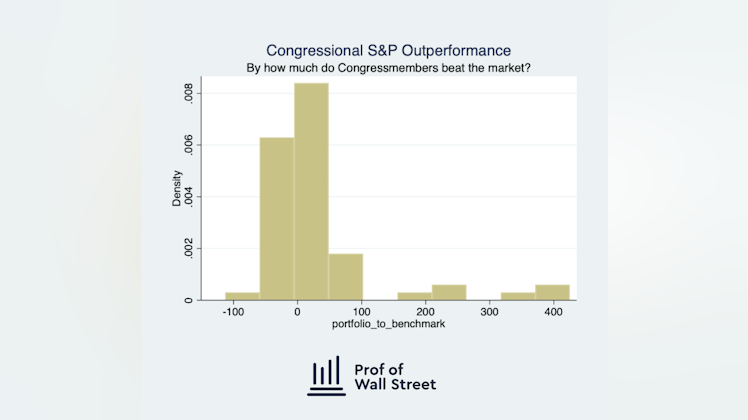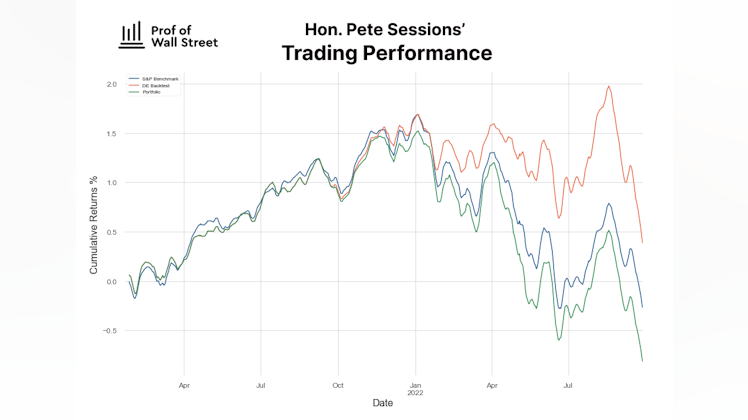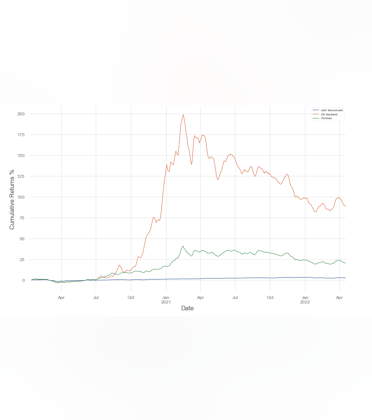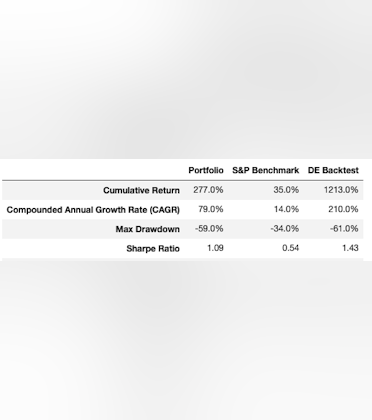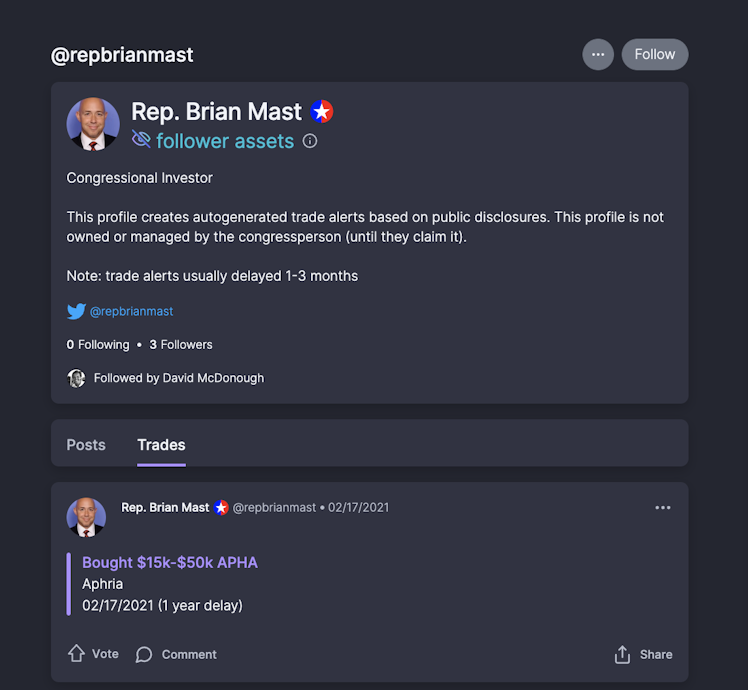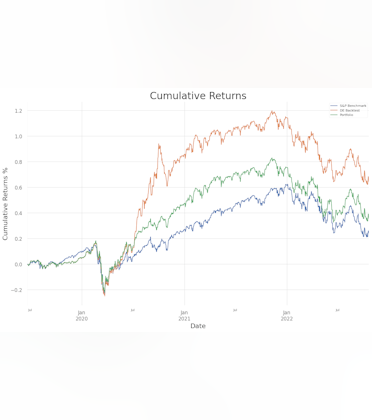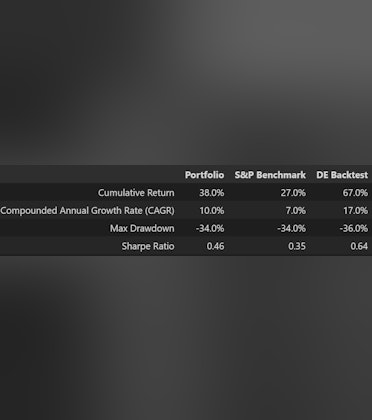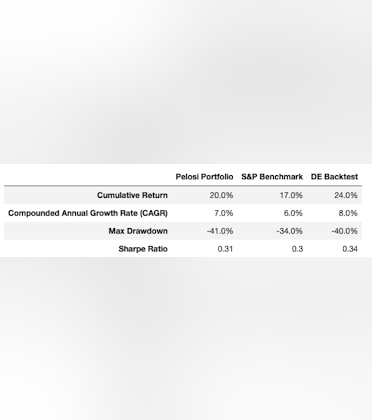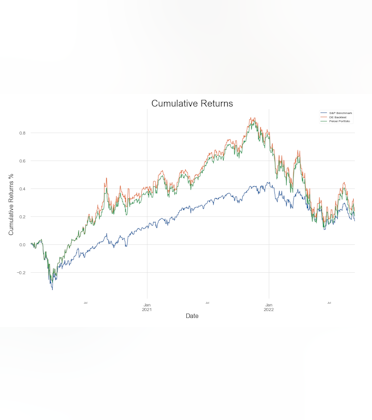Dips are positive expected value while undifferentiated buying of losing assets is negative net expected value, so at high level the thesis could hold--but only if they can tell the two apart.
What I find interesting is that there is a common behavioral tendency to buy more when the price falls (either from recent highs or relative to someone's average cost basis).
In the profession this is dubbed to "average down", yet in pathological gambling this is known as "loss chasing".
Open question: How do you distinguish between an economic rationale and behavioral impulse to buy when prices fall?
What performance history/stats would be most helpful to disentangle this?
